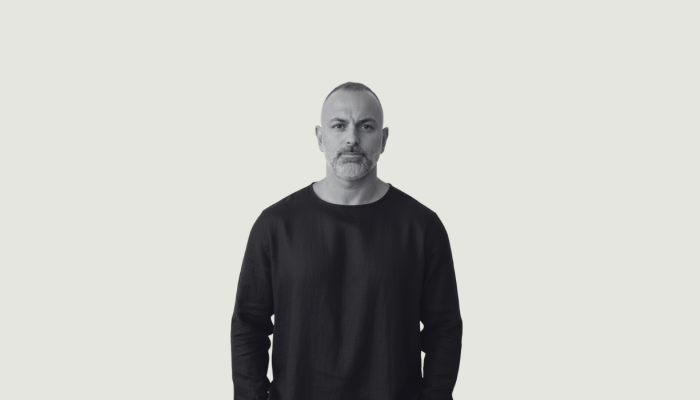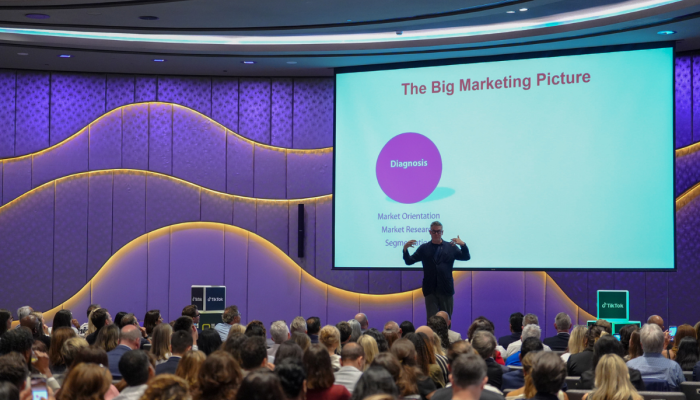Other industries can learn from the healthcare sector, while it, too, is taking lessons from Covid-19, writes Saudi German Hospital’s Rami Zahran
The past few months have been unique for every person on the planet, and the dramatic impact of Covid-19 has spared no one. We are gaining more knowledge each day about the novel coronavirus, and have now reached a point where we are learning to co-exist with it. Still, this global health crisis continues to dominate the news and our day-to-day discussions with family, friends and colleagues. Fears and anxiety over the pandemic have become part of our present reality as we continue to navigate the ‘new normal’.
Many brands have been compelled to change their approach to marketing and communications. In order to move forward, addressing the situation head-on and its impact on the lives of consumers is crucial. Communicating with empathy is therefore one of the things that every brand should prioritise – but how can brands do that effectively during these unprecedented times?
Communicating with genuine empathy is about putting yourself in the shoes of others. It’s about conveying messages that resonate with people. This is not a new concept, but the pandemic has pushed us to think hard about how we want to be seen as a brand afterwards, and the way we communicate during this crisis will determine that.
I work in healthcare, therefore communicating with empathy has always been pivotal in my career. And, luckily, you could say that the field of marcomms is industry agnostic, where you can learn concepts and best-practices in one industry, and then adapt them to another. Ultimately, brands who only recruit and gather knowledge from their own industry are limiting their own potential, and there is a huge wealth of resources when you start looking more broadly. Therefore, while the tactics applied in communicating with empathy in a healthcare setting can be seen as an absolute necessity, there is a lot to learn from the healthcare industry that can be applied to other industries.
The number one thing that brands must do during a delicate event like a pandemic, or a social movement like the Black Lives Matter protests, is to immediately eliminate commercial messaging from their comms. Do not take advantage of the situation – if you truly want to empathise with someone, you shouldn’t be looking for brownie points. Recently, I’ve observed many people asking brands, ‘What will you do to help the world out?’ – and I’ve seen some great examples of companies that have done that. I am a strong believer that brands should lead with purpose – long-gone are the days of meaningless mission statements. Today’s world requires brands to truly express why they exist to begin with, and their reason for existence should benefit society.
One of my priorities was to set up a free service in the community that allows individuals to call a trained professional who can help them navigate feelings of anxiety or fear during this time. As healthcare providers, we felt we had to offer the community a place where we could take care of their mental wellbeing at absolutely no profit to us. Of course, this is in addition to the other countless efforts and campaigns we launched across the region, including lectures and providing thousands of free hand sanitisers and facemasks to help educate people on disease spread and prevention.
Never forget that ignoring the current situation is not a good strategy. Brands need to make sure that their messaging highlights how the pandemic is affecting people, and they should offer a helping hand. Over the last few months we’ve had to carefully refine our messaging to address the fears that people had in coming to hospitals during this time, making sure we communicated the measures we were taking to ensure health and safety across our hospitals. We also offered alternative solutions to in-person visits, such as home visits, particularly to those with chronic diseases, the elderly or children who needed vaccinations. We even offered telemedicine services, which we rolled out in record time. We wanted to offer our patients what they needed and deserved: peace of mind. People will always need healthcare, and we had to adapt to be there for them.
Finally, innovation and flexibility are key. Truly, necessity is the mother of invention, and we have definitely seen this during the past few months. The most successful brands were the ones that abandoned tradition and decided to think outside the box – the kind of thinking that needs to be applied even after the pandemic.
We all learned that working from home wasn’t as bad as we thought and that employees can still remain efficient when doing so. We also discovered that introducing new technologies can be done in a very short period of time, and that, when we really had to, we could easily mobilise our products and services for our clients. Everything is possible – we just need to listen to our consumers, understand what they are going through and deliver on their needs.
Brands that can quickly adapt to the so-called ‘new normal’ are poised to thrive during and after Covid-19. Communicating with empathy not only helps brands flourish amid the pandemic but also allows them to gain the much-needed respect of their customers. The latter, without a doubt, has more lasting positive effects on the longevity and continuity of any business.
By RAMI ZAHRAN, group chief marketing and communications officer, Saudi German Hospitals Group (and member of The Marketing Society Middle East)
This article first appeared in Campaign Middle East



